Blog
Born September 23rd 1995. Died June 5th 2002. Diego was a radiant beam of pure Love and inexhaustible energy. His excitement for life was as contagious as his beautiful smile. One could see the unfolding Love of the Universe while gazing in his intense eyes.
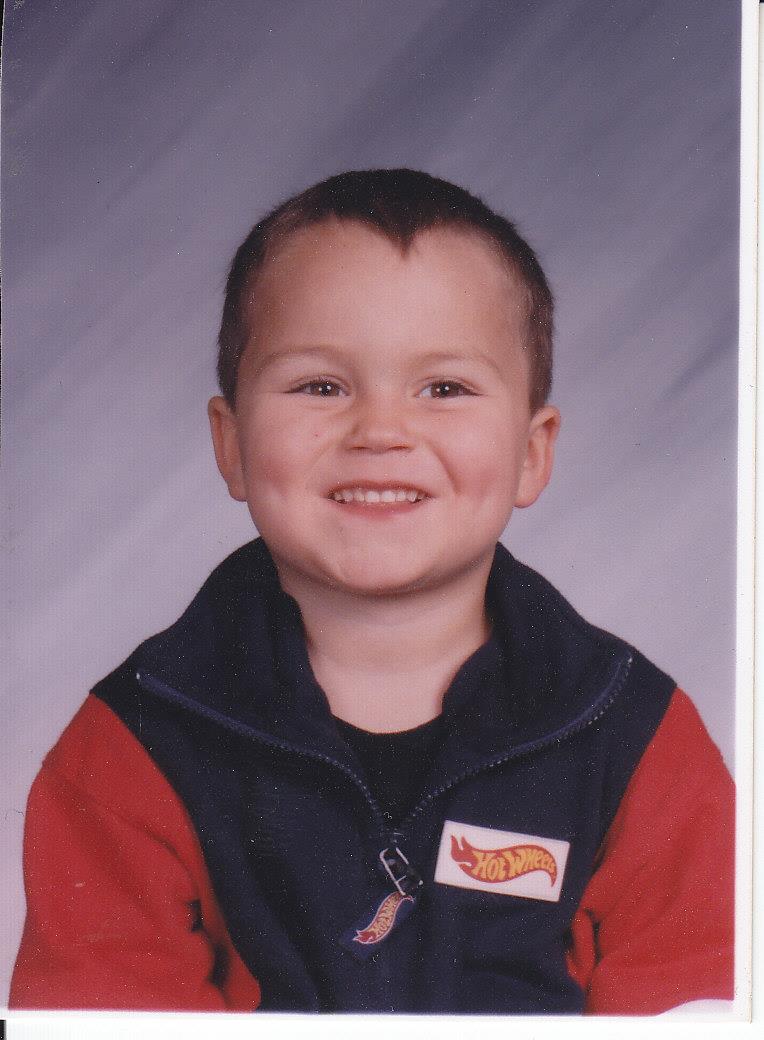
Messier 81 (also known as NGC 3031 or Bode’s Galaxy) is a grand design spiral galaxy about 12 million light-years away, with a diameter of 90,000 light years, in the constellation Ursa Major. Due to its proximity to our galaxy, large size, and active galactic nucleus (which harbors a 70 million M☉supermassive black hole), Messier 81 has been studied extensively by professional astronomers. The galaxy’s large size and relatively high brightness also makes it a popular target for amateur astronomers.
M81 (left) and M82 (right). M82 is one of two galaxies strongly influenced gravitationally by M81. The other, NGC 3077, is located off the top edge of this image.
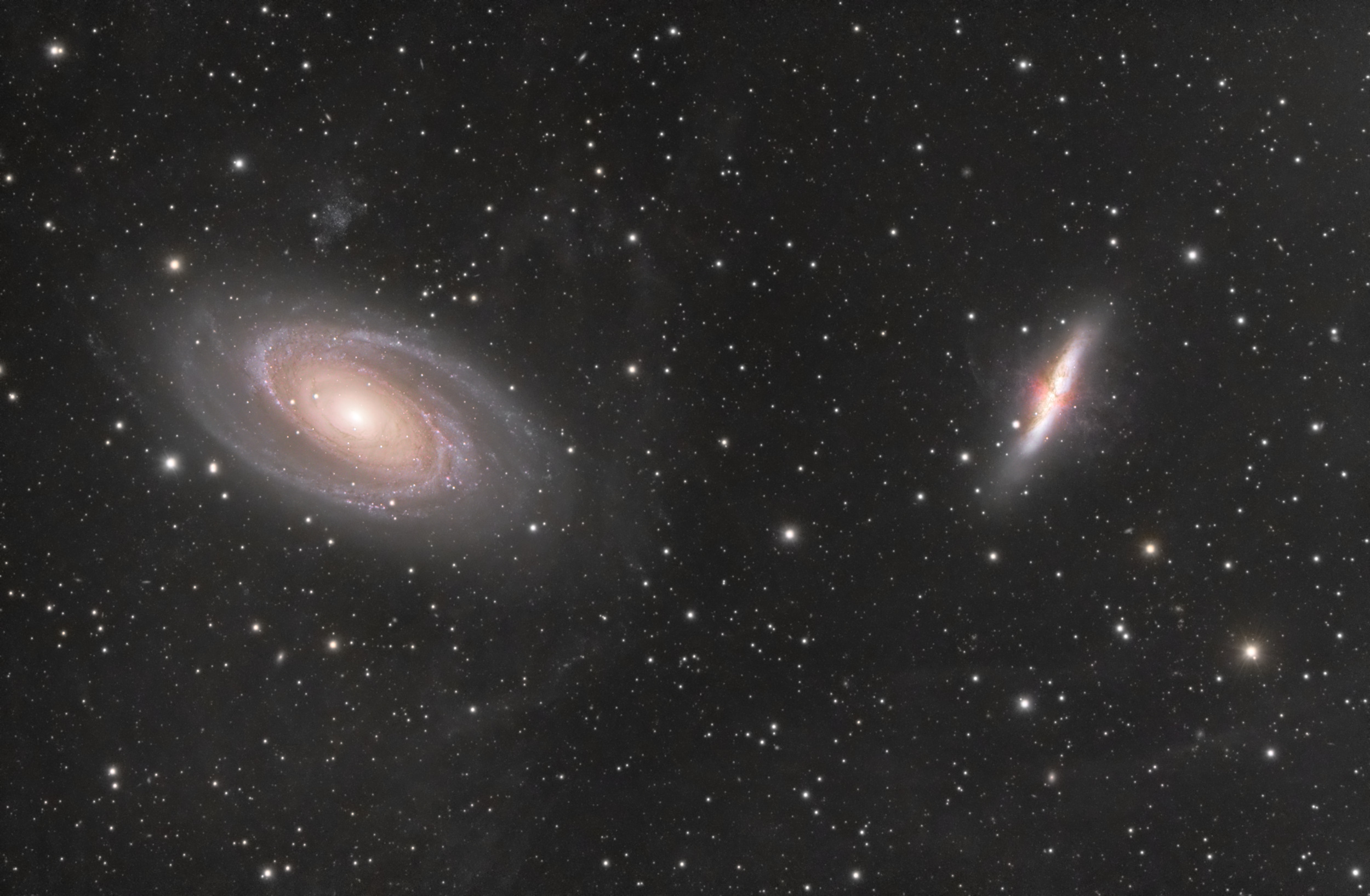
Leslie Coleman McCann (born September 23, 1935) is an American jazz pianist and vocalist.
Winning a Navy singing contest led to an appearance on The Ed Sullivan Show. McCann’s main career began in the early 1960s when he recorded as a pianist with his trio for Pacific Jazz. In 1969, Atlantic released Swiss Movement, album recorded with saxophonist Eddie Harris and trumpeter Benny Bailey at that year’s Montreux Jazz Festival. The album contained the song “Compared to What“, and both the album and the single reached the Billboard pop charts. “Compared to What” criticized the Vietnam War. The song was written by Eugene McDaniels years earlier and recorded and released as a ballad by McCann in 1966 on his album Les McCann Plays the Hits. Roberta Flack‘s version appeared as the opening track on her debut album First Take (1969).
more...Ray Charles Robinson, Sr. (September 23, 1930 – June 10, 2004 Albany, GA) was an American singer, songwriter, pianist, and composer. Among friends and fellow musicians he preferred being called “Brother Ray”. He was often referred to as “the Genius”. Charles was blinded during childhood, possibly due to glaucoma.
Charles pioneered the soul music genre during the 1950s by combining blues, jazz, rhythm and blues, and gospel styles into the music he recorded for Atlantic. He contributed to the integration of country music, rhythm and blues, and pop music during the 1960s with his crossover success on ABC Records, notably with his two Modern Sounds albums. While he was with ABC, Charles became one of the first black musicians to be granted artistic control by a mainstream record company.
Charles’s 1960 hit “Georgia On My Mind” was the first of his three career No. 1 hits on the Billboard Hot 100. His 1962 album Modern Sounds In Country And Western Music became his first album to top the Billboard 200. Charles had multiple singles reach the Top 40 on various Billboardcharts: 44 on the US R&B singles chart, 11 on the Hot 100 singles chart, 2 on the Hot Country singles charts.
Charles cited Nat King Cole as a primary influence, but his music was also influenced by Louis Jordan and Charles Brown. He had a lifelong friendship and occasional partnership with Quincy Jones. Frank Sinatra called Ray Charles “the only true genius in show business,” although Charles downplayed this notion. Billy Joel said, “This may sound like sacrilege, but I think Ray Charles was more important than Elvis Presley“.
For his musical contributions, Charles received the Kennedy Center Honors, the National Medal of Arts, and the Polar Music Prize. He won 18 Grammy Awards, including 5 posthumously. Charles was honored with the Grammy Lifetime Achievement Award in 1987, and 10 of his recordings have been inducted into the Grammy Hall of Fame. Rolling Stone ranked Charles No. 10 on their list of the 100 Greatest Artists of All Time, and No. 2 on their list of the 100 Greatest Singers of All Time.
https://www.youtube.com/watch?v=0rEsVp5tiDQ
more...John William Coltrane (September 23, 1926 – July 17, 1967 Hamlet, NC) was an American jazz saxophonist and composer. Working in the bebop and hard bopidioms early in his career, Coltrane helped pioneer the use of modes and was at the forefront of free jazz. He led at least fifty recording sessions and appeared on many albums by other musicians, including trumpeter Miles Davis and pianist Thelonious Monk. Over the course of his career, Coltrane’s music took on an increasingly spiritual dimension, as exemplified on his most acclaimed albums A Love Supreme (1965) and Ascension (1966). He remains one of the most influential saxophonists in music history. He received numerous posthumous awards, including a Pulitzer Prize in 2007, and was canonized by the African Orthodox Church. His second wife was pianist and harpist Alice Coltrane. The couple had three children: John Jr. (1964–1982), a bassist; Ravi (born 1965), a saxophonist; and Oran (born 1967), also a saxophonist.
Coltrane died of liver cancer at the age of 40 on July 17, 1967, at Huntington Hospital on Long Island. His funeral was held four days later at St. Peter’s Lutheran Church in New York City. The service was started by the Albert Ayler Quartet and finished by the Ornette Coleman Quartet. Coltrane is buried at Pinelawn Cemetery in Farmingdale, New York.
Biographer Lewis Porter speculated that the cause of Coltrane’s illness was hepatitis, although he also attributed the disease to Coltrane’s heroin use at a previous period in his life. Frederick J. Spencer wrote that Coltrane’s death could be attributed to his needle use “or the bottle, or both.” He stated that “[t]he needles he used to inject the drugs may have had everything to do with” Coltrane’s liver disease: “If any needle was contaminated with the appropriate hepatitis virus, it may have caused a chronic infection leading to cirrhosis or cancer.” He noted that despite Coltrane’s “spiritual awakening” in 1957, “[b]y then, he may have had chronic hepatitis and cirrhosis… Unless he developed a primary focus elsewhere in later life and that spread to his liver, the seeds of John Coltrane’s cancer were sown in his days of addiction.
more...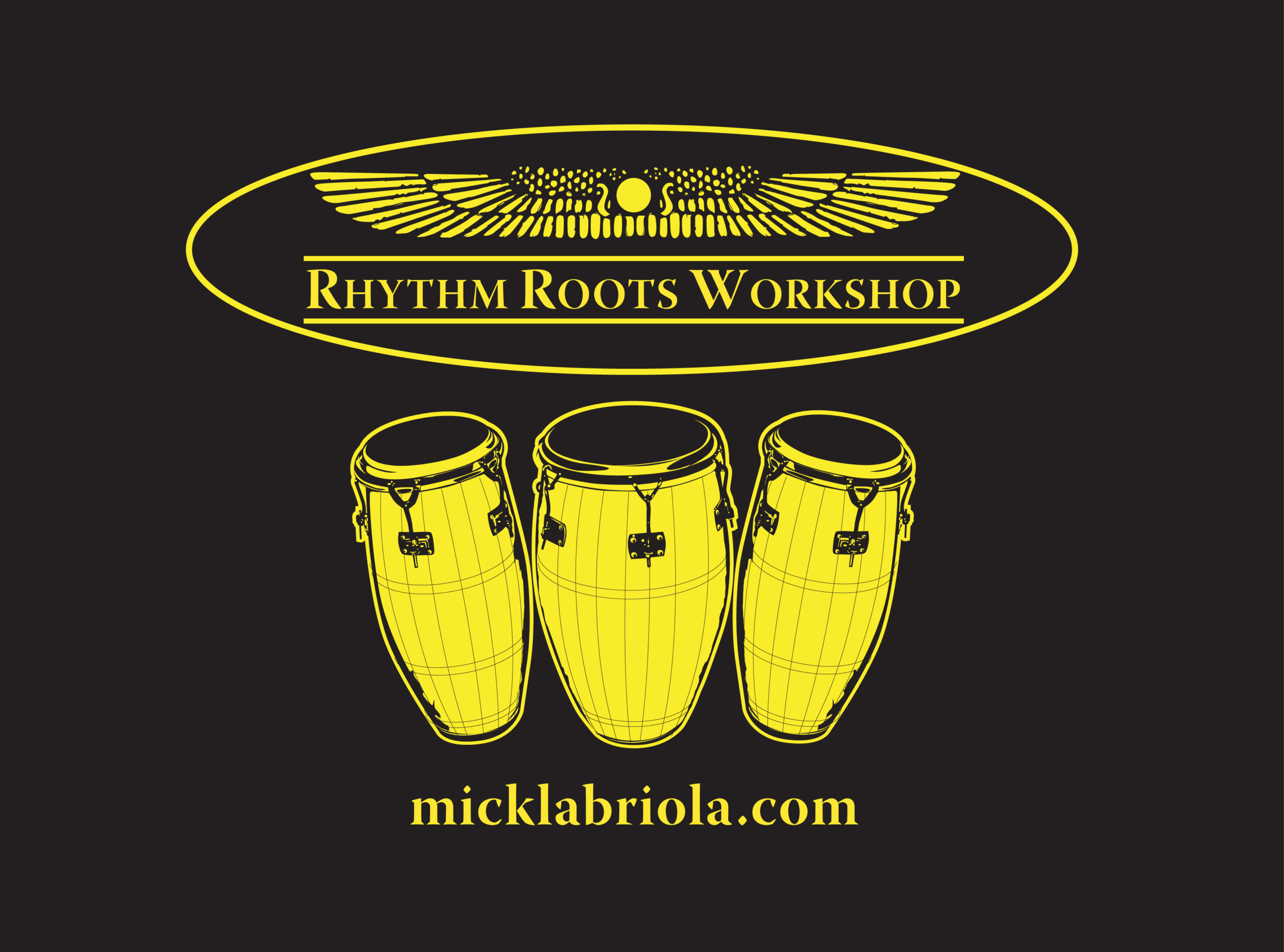
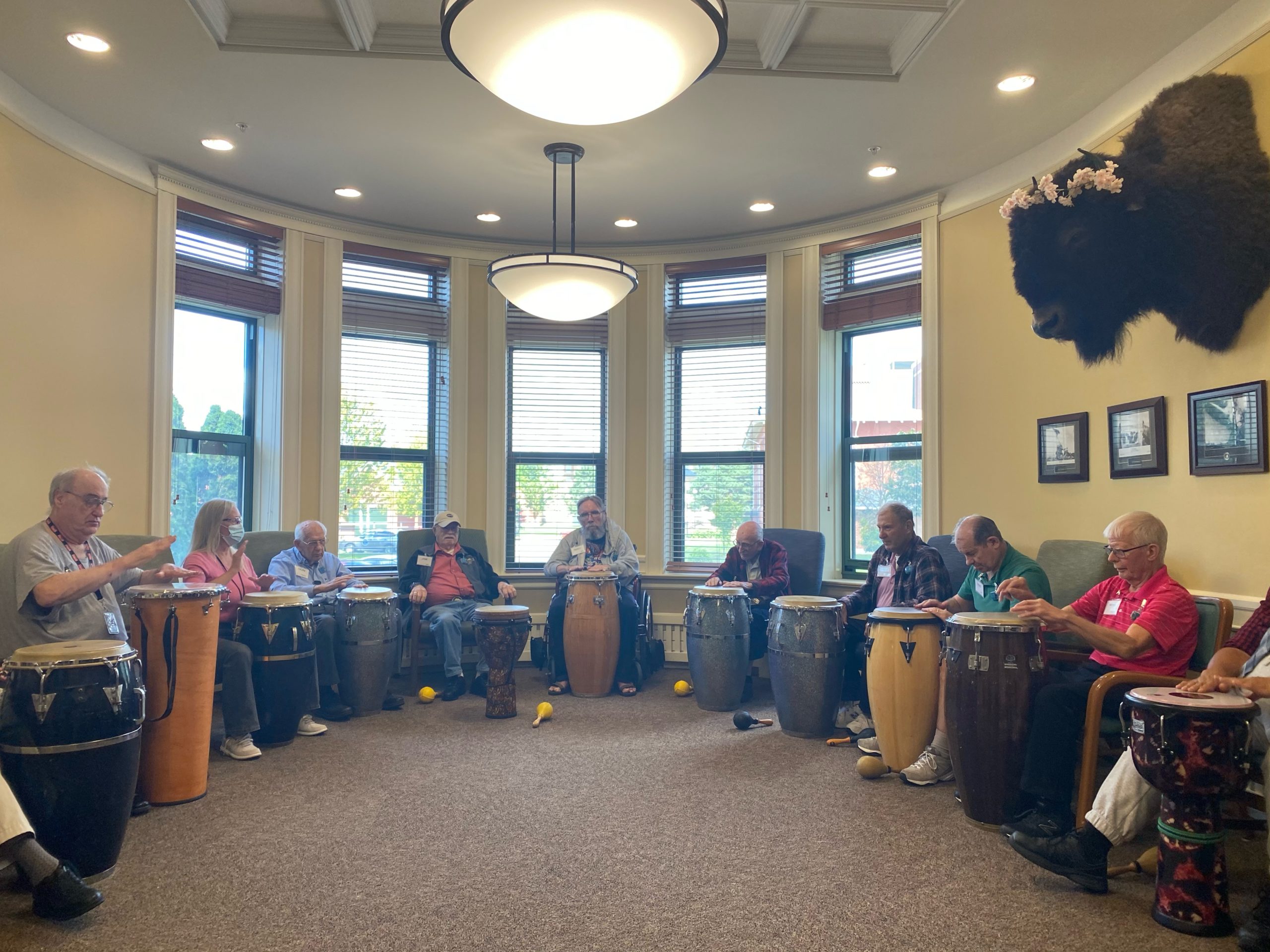
PM1-320 is a small planetary nebula in Cygnus, close to DWB 111, the Propeller Nebula.
It was discovered by Andrea Preite-Martinez in the 1980s.
I believe this to be the first deep high-resolution image of PM1-320.
The outer parts of the nebulosity are very faint, hence 56 hours of OIII integration.
HASH records it’s size as 60 arc seconds.
Image captured on my remote dual rig at Fregenal de la Sierra in Spain between 20 August and 3 September 2021.
Scopes: APM TMB LZOS 152 Refractors
Cameras: QSI6120wsg8
Mount: 10Micron GM2000 HPS
A total of 86 hours image capture (HaOIIILRGB)
More details at: https://www.imagingdeepspace.com/pm1-320.html
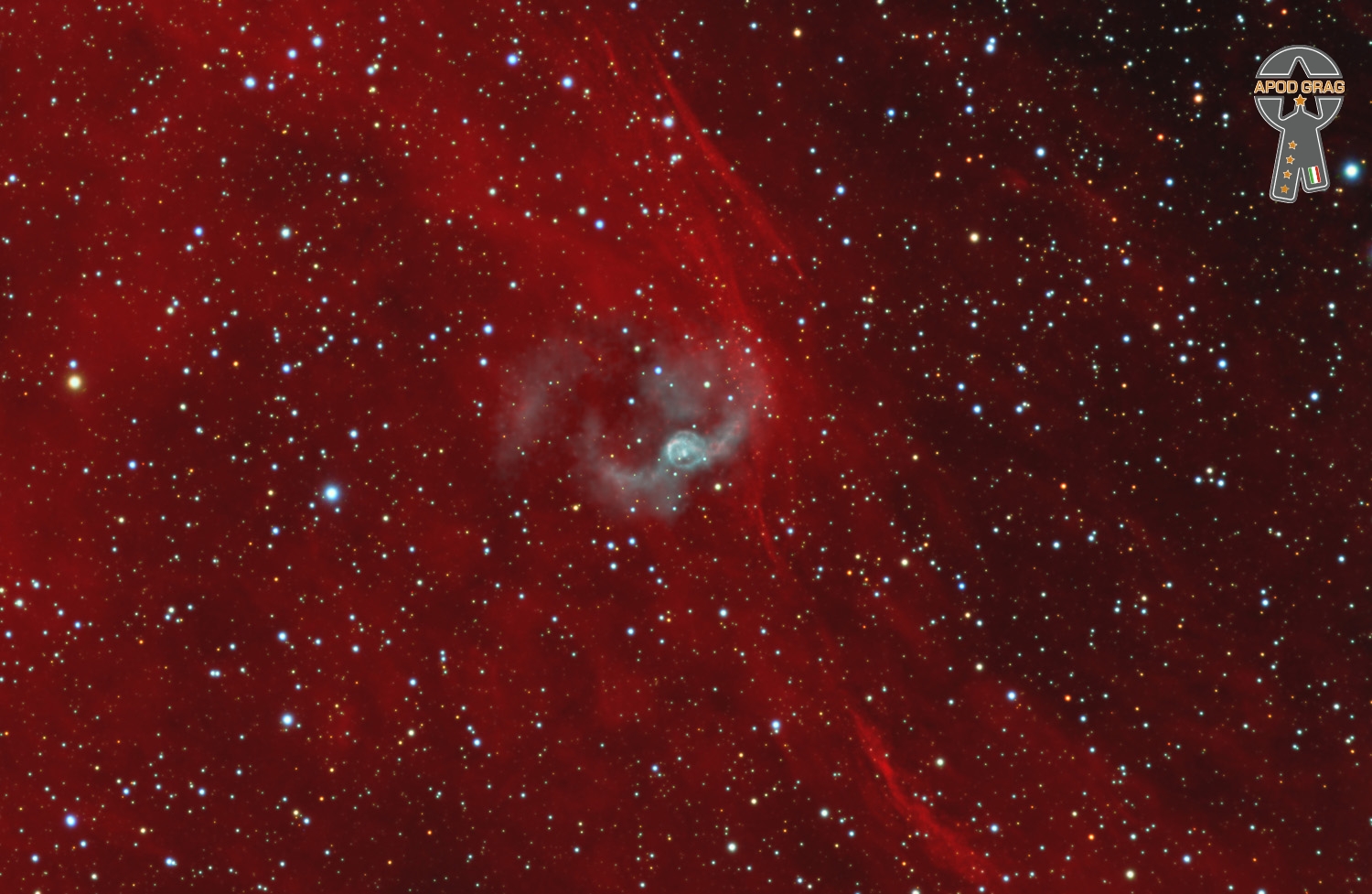
Chief Sunday Adeniyi Adegeye MFR (born 22 September 1946), known professionally as King Sunny Adé, is a Nigerian jùjú singer, songwriter and multi-instrumentalist. He is regarded as one of the first African pop musicians to gain international success, and has been called one of the most influential musicians of all time.
Sunny Adé formed his own backing band in 1967, eventually known as his African Beats. After achieving national success in Nigeria during the 1970s and founding his own independent label, Sunny Adé signed to Island Records in 1982 and achieved international success with the albums Juju Music(1982) and Synchro System (1983); the latter garnered him a Grammy nomination, a first for a Nigerian artist. His 1998 album Odu also garnered a Grammy nomination. Sunny Adé currently serves as chairperson of the Musical Copyright Society of Nigeria.
Sunny Adé was born in Osogbo to a Nigerian royal family from Ondo and Akure, thereby making him an Omoba of the Yoruba people. His father was a church organist, while his mother, Maria Adegeye (née Adesida), was a trader. As a member of the Adesida dynasty, his mother’s relatives included her father Oba Adesida I (who ruled Akure for 60 years) and would later include her nephew and Adé’s cousin, Oba Adebiyi Adegboye Adesida Afunbiowo II, a future king of Akure.
more...Oliver “Tuku” Mtukudzi (22 September 1952 – 23 January 2019) was a Zimbabwean musician, businessman, philanthropist, human rights activistand UNICEF Goodwill Ambassador for Southern Africa Region. Tuku was considered to have been Zimbabwe’s most renowned and internationally recognised cultural icon of all time.
Mtukudzi grew up in Highfield, a poor neighborhood in Salisbury (modern-day Harare) in Southern Rhodesia, as the eldest of six siblings. While both his parents sang in a choir, they were initially not supportive of his continued interest in music, consequently breaking his first homemade guitar.
In 1975, at the age of 23, he released his debut single, “Stop After Orange.” Two years later, he began performing with the Wagon Wheels, a group that featured another highly influential musician, Thomas Mapfumo. Although his tenure with the band was relatively short-lived, he landed his first major hit with 1977’s “Dzandimomotera,” a song that reflected the black population’s struggles under white-minority rule of what was then still the country of Rhodesia. By 1978, he had left the Wagon Wheels, taking several of the band’s musicians with him to form his new backing group the Black Spirits.
more...Jalaal Zulfonun (Persian: جلال ذوالفنون, romanized: Jalâl Zolfonun, pronounced [dʒæˈlɒːl zolfʊˈnuːn]) was an Iranian musician, setaar player, and a prominent composer and teacher of Persian music.
more...William Overton Smith (September 22, 1926 – February 29, 2020) was an American clarinetist and composer. He worked extensively in modern classical music, Third Stream and jazz, and was perhaps best known for having played with pianist Dave Brubeck intermittently from the 1940s to the early 2000s. Smith frequently recorded jazz under the name Bill Smith, but his classical compositions are credited under the name William O. Smith.
Smith was born in Sacramento and grew up in Oakland, California, where he began playing clarinet at the age of ten. He put together a jazz group to play for dances at 13, and at the age of 15 he joined the Oakland Symphony. He idolized Benny Goodman, but after high school, a brief cross-country tour with a dance band ended his romance for the life of a traveling jazz musician. He gave two weeks’ notice when the band reached Washington, D.C. Encouraged by an older band member to get the best education he could, Smith headed to New York.
https://www.youtube.com/watch?v=CCb1Om939uo
more...James Marcellus Arthur “Sunny” Murray (September 21, 1936 – December 7, 2017) was one of the pioneers of the free jazz style of drumming.
Murray was born in Idabel, Oklahoma, where he was raised by an uncle who later died after being refused treatment at a hospital because of his race. He began playing drums at the age of nine. As a teen, he lived in a rough part of Philadelphia, and spent two years in a reformatory. In 1956, he moved to New York City, where he worked in a car wash and as a building superintendent. During this time, he played with musicians such as trumpeters Red Allen and Ted Curson, pianist Willie “The Lion” Smith, and saxophonists Rocky Boyd and Jackie McLean.
In 1959, he played for the first time with pianist Cecil Taylor and, according to Murray, “[f]or six years all the other things were wiped from my mind…” “With Cecil, I had to originate a complete new direction on drums.” Murray stated: “We played for about a year, just practicing, studying — we went to workshops with Varèse, did a lot of creative things, just experimenting, without a job.” In 1961, Murray made a recording with Taylor’s group that was released under the auspices of Gil Evansas one side of Into the Hot.
more...NGC 4565 (also known as the Needle Galaxy or Caldwell 38) is an edge-on spiral galaxy about 30 to 50 million light-years away in the constellation Coma Berenices. It lies close to the North Galactic Poleand has a visual magnitude of approximately 10. It is known as the Needle Galaxy for its narrow profile. First recorded in 1785 by William Herschel, it is a prominent example of an edge-on spiral galaxy.
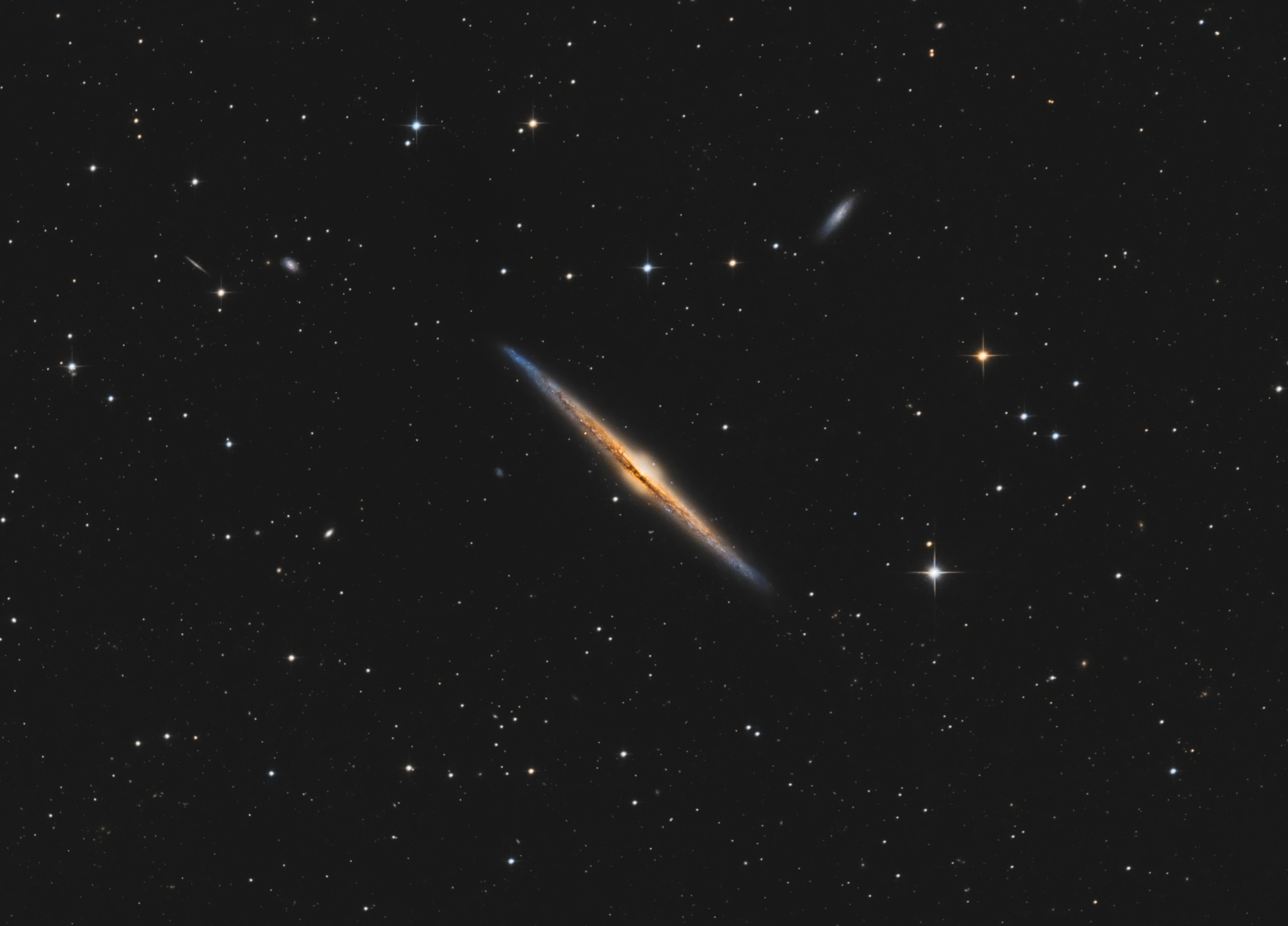
Leonard Norman Cohen CC GOQ (September 21, 1934 – November 7, 2016) was a Canadian singer-songwriter, poet, and novelist. His work explored religion, politics, isolation, depression, sexuality, loss, death and romantic relationships. Cohen was inducted into the Canadian Music Hall of Fame, the Canadian Songwriters Hall of Fame, and the Rock and Roll Hall of Fame. He was invested as a Companion of the Order of Canada, the nation’s highest civilian honour. In 2011, Cohen received one of the Prince of Asturias Awards for literature and the ninth Glenn Gould Prize.
Cohen pursued a career as a poet and novelist during the 1950s and early 1960s, and did not begin a music career until 1967 at the age of 33. His first album, Songs of Leonard Cohen (1967), was followed by three more albums of folk music: Songs from a Room (1969), Songs of Love and Hate(1971) and New Skin for the Old Ceremony (1974). His 1977 record Death of a Ladies’ Man, co-written and produced by Phil Spector, was a move away from Cohen’s previous minimalist sound. In 1979, Cohen returned with the more traditional Recent Songs, which blended his acoustic style with jazz, East Asian, and Mediterranean influences. Cohen’s most famous song, “Hallelujah“, was first released on his studio album Various Positions in 1984. I’m Your Man in 1988 marked Cohen’s turn to synthesized productions. In 1992, Cohen released its follow-up, The Future, which had dark lyrics and references to political and social unrest.
Cohen returned to music in 2001 with the release of Ten New Songs, which was a major hit in Canada and Europe. His 11th album, Dear Heather, followed in 2004. Following a successful string of tours between 2008 and 2013, Cohen released three albums in the final four years of his life: Old Ideas (2012), Popular Problems (2014) and You Want It Darker (2016), the last of which was released three weeks before his death. A posthumous album titled Thanks for the Dance was released in November 2019, his fifteenth and final studio album.
more...More Posts
- Christmas Cross
- Merry Christmas 2018
- The Cosmos with M100
- Don Pullen Day
- Don Alias Day
- Oscar Moore Day
- World Music from the Old City of Jerusalem
- Daily Roots with Joe Gibbs
- Merry Christmas Eve 2018
- The Cosmos with NGC 2841
- Ray Bryant Day
- Lee Dorsey Day
- Baby Dobbs Day
- World Music with Nader Hajjar
- Daily Roots with Jacob Miller, Johnny Clarke, Freddie McGregor, Carlene Davis, Don Carlos etc
- The Cosmos with Serpens Nebula
- Esther Phillips Day
- Frank Morgan Day
- Chet Baker Day
- World Music with Moya Brennan
